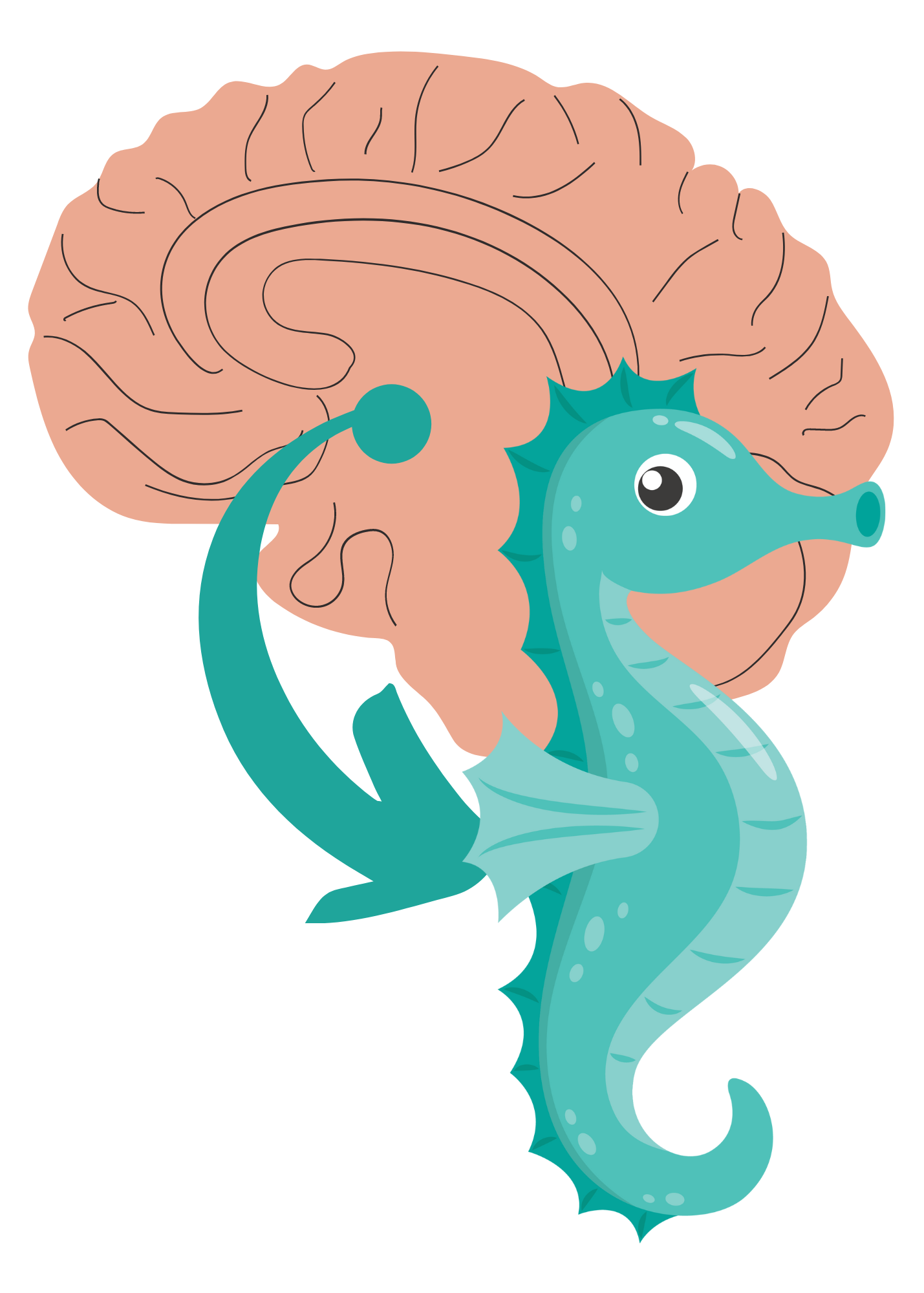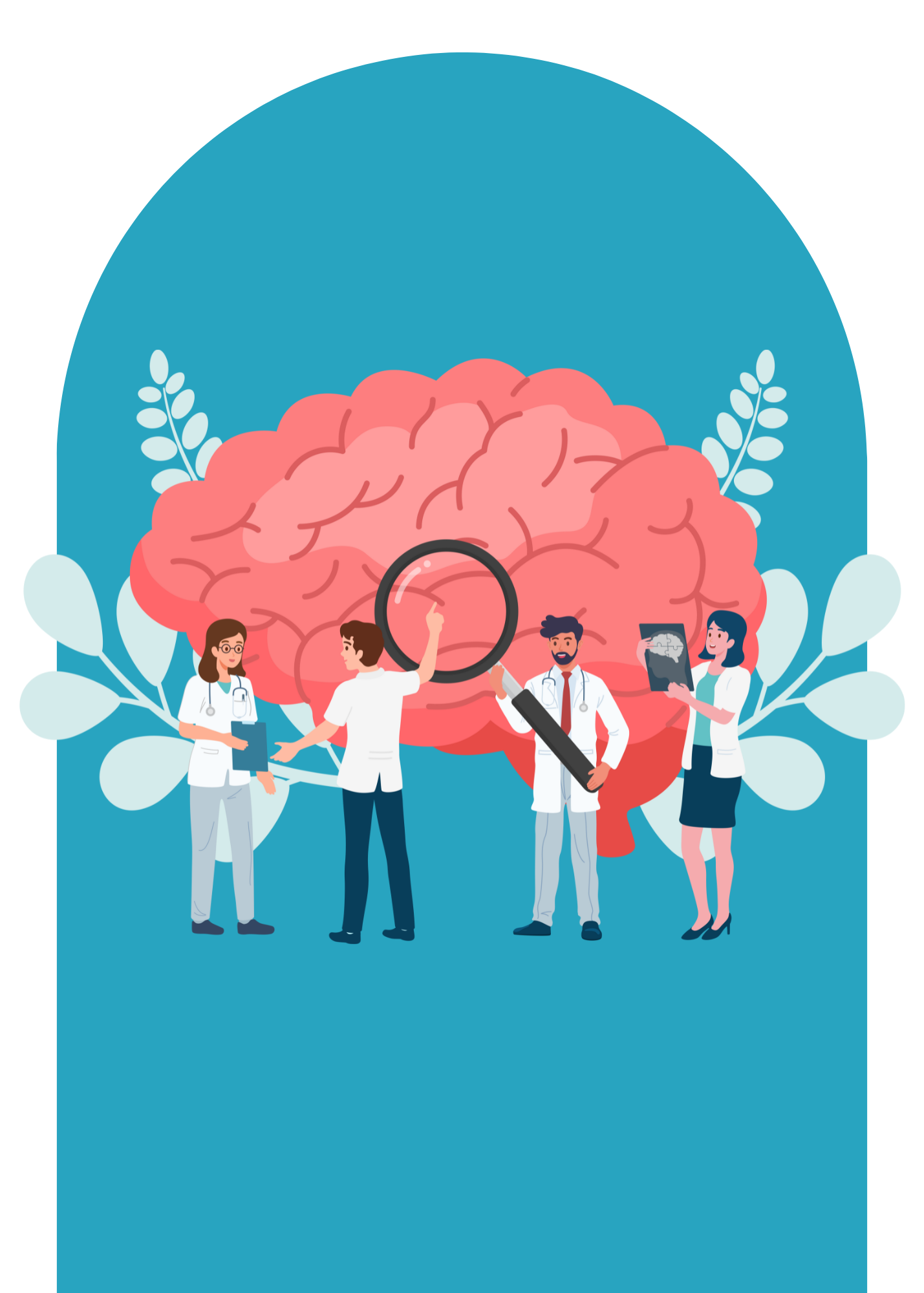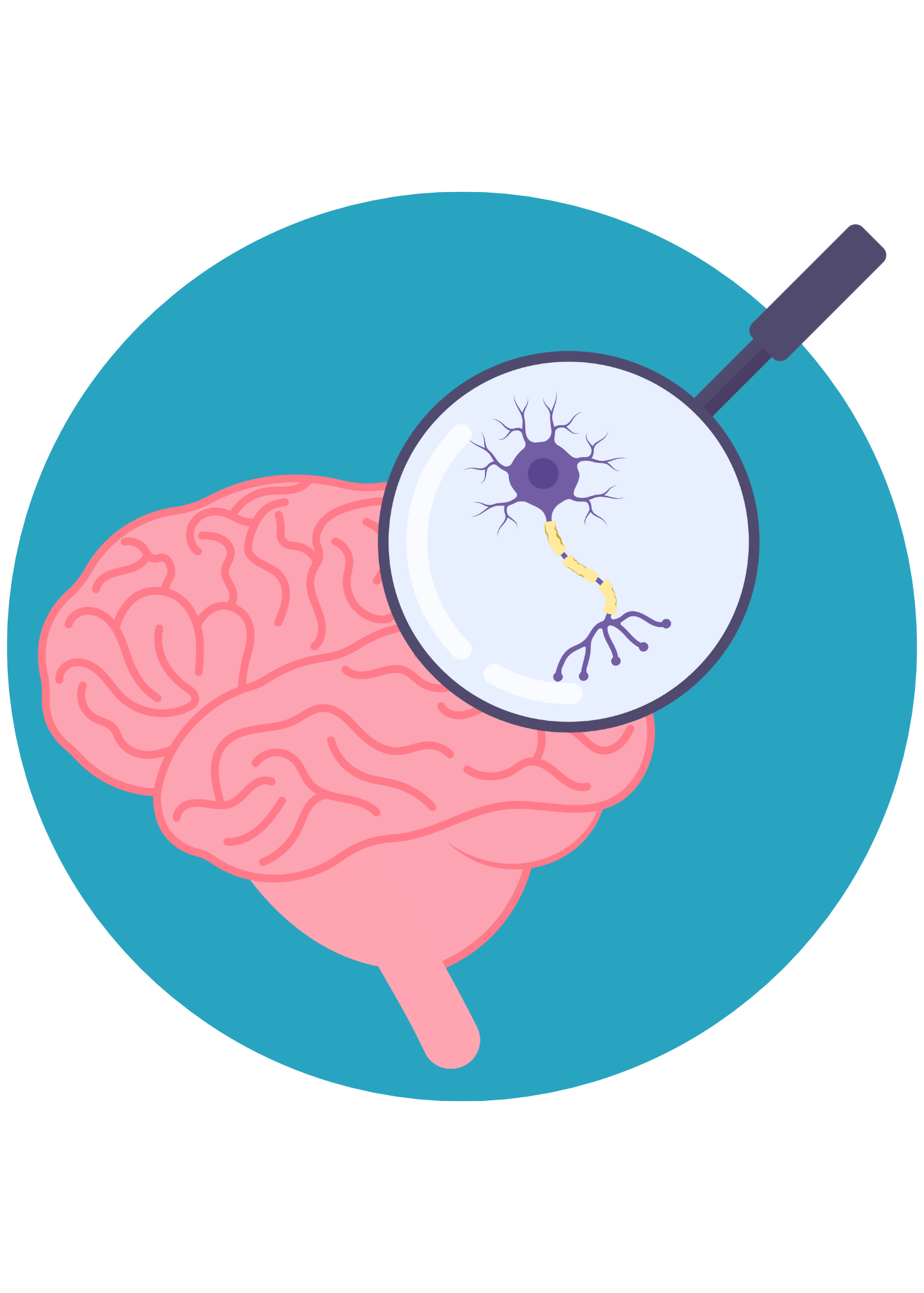The hippocampus is our brain’s storage unit. It is responsible for housing long-term memory and learning and is also believed to be essential for processing spatial recognition and navigation (such as looking ahead and charting a path). As a critical piece of our brain’s anatomy, let’s dive further into what makes the hippocampus so unique and its role in dementia progression.
Hippocampus: The Brain’s Seahorse

Not to be confused with hippopotamus, the word “hippocampus” has a rather unique derivative. According to Britannica, the name hippocampus derives from the Greek hippokampus (hippos, meaning “horse,” and kampos, meaning “sea monster”) since the structure’s shape resembles that of a seahorse.
There’s nothing fishy about the hippocampus, however. Scientifically speaking, the hippocampus is located in the inner region of the temporal lobe, forming a part of the limbic system. Results from various studies have led us to believe that the hippocampus is principally involved in storing long-term memories and in making those memories resistant to forgetting.
Remember This: Memory Functions Within The Hippocampus
Universally, it is agreed that the hippocampus holds a prime role in the function of the brain’s memory. However, sources from Britannica also note that the exact processes by which the hippocampus supports memory are still unconfirmed and subject to debate. Here are some of the existing theories behind how memory functions within the grey matter of the hippocampus:

- The hippocampus possibly binds items and contexts into unified experiences and stores them.
- The hippocampus may be preferentially involved in conscious recollection or the experience of mental time travel during recall.
- The hippocampus could support rapid learning by reducing interference among similar memories (for example, where a person parked their car today versus yesterday).
- The hippocampal function may be compared to an index (much like an index at the end of a book) that binds together elements of an experience but does not store the experience itself.
What Happens To The Hippocampus When A Person Has Dementia?
We already know that, with Alzheimer’s disease and other related dementias, adults often experience difficulties with forming new memories, recalling older ones, learning new information, or remembering recent events. These symptoms result from the damage caused to the hippocampus by the overproduction of specific proteins.

The Alzheimer’s Society notes that in the early stages of Alzheimer’s, the hippocampus can rapidly lose tissue, which can disconnect it from other parts of the brain. Research has also found that, as the disease continues to progress, magnetic resonance imaging (MRI) can show atrophy in the hippocampus and medial temporal regions.
Damages to the hippocampal region can also be found in the presence of other neurodegenerative diseases, such as Lewi body dementia. Still, the degree of deterioration is usually more severe in cases of Alzheimer’s. One study found that the faster the hippocampus shrinks, the faster the cognitive decline; even for those without other signs of Alzheimer’s, hippocampal shrinkage can cause significant cognitive decline.
Did You Know?
Oakwood Creative Care is bringing back the JOY in aging! We believe a diagnosis should not have to define your life. Instead, we have devoted our mission to reigniting hope for caregivers and older adults with Alzheimer’s, dementia, and other age-related challenges. Click the button below to learn more about how we do this through our research-based, cutting-edge, creative care model found at each of our Day Clubs.





